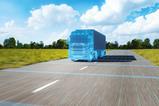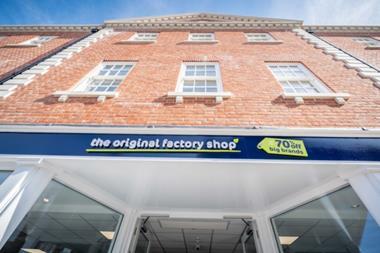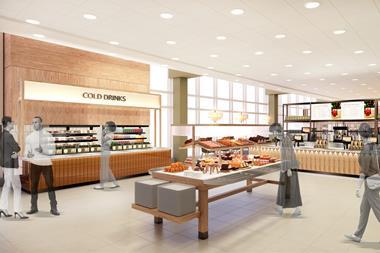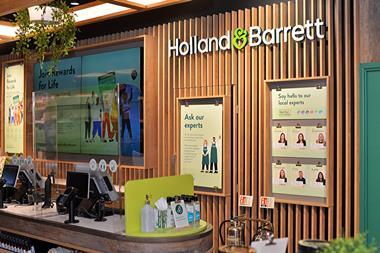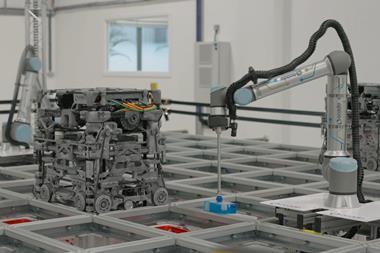With businesses struggling to meet the publicly stated net zero goals, Wincanton’s James Hurrell examines what retailers can do to drive better ways of working.
The pressure is on to hit net zero targets. Our latest report* reveals 66% of UK businesses are feeling this pressure, and 83% say that optimising the carbon footprint of logistics is key to achieving their goals in this area.
While every business is feeling the strain, retail’s complex, global supply chains can often make reaching net zero a greater challenge than it is for businesses in many other industries.
This issue is of particular importance to FMCG and retail organisations.
They aim to deliver on public commitments and increase their resonance with consumers who scrutinise the brands and retailers they do business with and expect them to be greener – and authentic.
This rings true as consumers really do care about sustainability when shopping and ‘back it up with their wallets’, according to a McKinsey study.
Global supply chains can often make reaching net zero a greater challenge than it is for businesses in many other industries
But businesses aren’t making the progress they want when this comes to net zero, as over half (54%) claim they will struggle to meet their publicly stated goals. Efforts can sometimes be deprioritised due to capital or cost concerns, according to 66%, as well as technology shortfalls.
Whilst some organisations are undertaking test-and-learn approaches in the move to alternative vehicles and fuels, there is a clear expectation that fully scalable technologies are some years away – only 25% believe that alternative fuel vehicles will be affordable in four to six years.
Over half (54%) [of businesses] claim they will struggle to meet their publicly stated goals
What’s clear is that a gap is emerging between critical priorities on sustainability and the action needed to reach them. Unless there is greater vertical and horizontal collaboration with actors across the supply chain, the gap will remain difficult to close.
But it’s not all doom and gloom. There’s an enormous opportunity to drive better ways of working that can help to reduce emissions.
One opportunity is around excess capacity in the UK’s transport network. It’s simple – transporting fresh air costs money and carbon.
In our view, the best supply chains are collaborative. And this also extends to the most sustainable – collaboration holds the key to success when it comes to net zero goals.
Our survey results tell us that there are barriers that prevent collaboration, with over a third finding it difficult to find the right partner to collaborate with.
Yet if we’re really going to bridge the net zero challenge and optimise costs, the answer is for like-minded organisations to share resources, using class-leading technology to enable collaboration.
This way we can reduce the number of dead miles or wasted journeys carried out, benefitting not just the bottom line, but the planet too.
*Conducted by Censuswide between 27.06.2024 - 05.07.2024. Censuswide abides by and employs members of the Market Research Society, which is based on the ESOMAR principles and is a member of The British Polling Council.
James Hurrell is managing director, Grocery and Consumer at Wincanton.





















